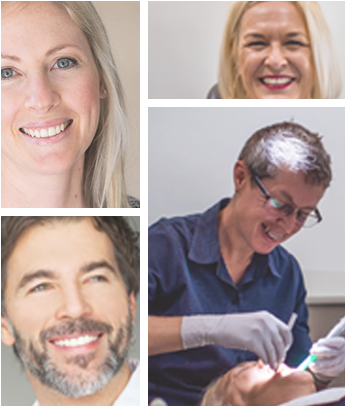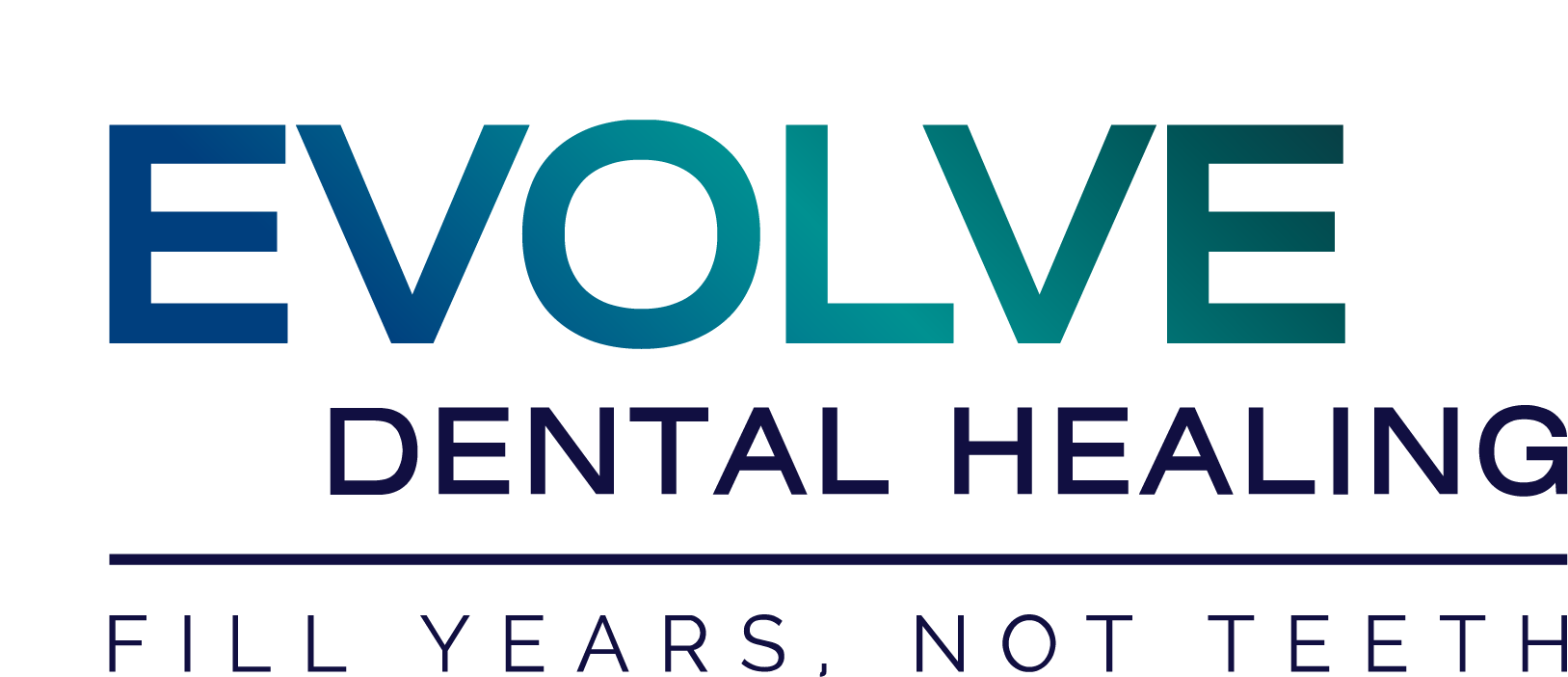How To Stop Receding Gums

Learn why gums recede and how to prevent it
Kenmore dentist Dr Rachel Hall explains how to stop receding gums.
Receding gums is when the gums pull back from the teeth. This results in more of the teeth, especially their roots, being exposed. When this happens, gaps form in between the gums and the teeth. It’s in these gaps that bacteria can gather, causing diseases and wearing away at the teeth. Eventually, receding gums can cause the loss of your teeth.
How Gums Recede
Many people don’t even realise that they have receding gums until it’s already occurring. It’s a very gradual process. However, if you notice any signs of gum recession, it’s essential to contact your dentist immediately. The process can be treated to both prevent further damage and to repair any loss of gums.
The first sign to look out for is sensitivity in the teeth. This can be a sign of a variety of different conditions, however, so if you feel that your teeth are sensitive, ask your dentist. Kenmore Dentist Evolve Dental can help you determine whether it’s gum recession or something else.
Causes of Receding Gums
Receding gums can be caused by a variety of factors. These range from factors beyond your control, like genetics, to health-related ones. Receding gums can even be caused by your brushing technique.
If you have receding gums, knowing the cause can help you and your dentist determine the best course of treatment.
Genetics
Unfortunately, some people are just more likely to have receding gums. Up to 30% of people could be at higher risk for receding gums just because of their genes. If other members of your family have had gum recession, you should inform your dentist so he or she can keep an eye on your gums.
If you know that you could be predisposed to having gum recession, you can learn what you need to look out for yourself as well. The earlier it’s caught, the easier it is to treat.
Brushing Technique
The way you brush your teeth could have an adverse effect on your gums. If you use a toothbrush that has hard bristles, or if you brush too hard, that could cause your gums to recede. Brushing too hard or with a hard-bristled toothbrush can also wear away at the enamel of your teeth.
Make sure that your toothbrush has soft bristles and that you brush your teeth with circular strokes. It may seem counterintuitive to brush lightly, but pressing too hard can damage both your teeth and your gums and won’t remove plaque and food debris any better than lighter strokes will.
Gum Disease
Gum disease is actually the primary cause of gum recession. Gum disease is caused by bacteria in your mouth that can destroy the gum tissue. If you see any signs of gingivitis, which is the least damaging form of gum disease, you should get it treated immediately so it doesn’t progress to periodontitis, which can cause damage to both your teeth and your gums.
Hormones
Women can be more susceptible to experiencing gum recession when hormonal changes occur. This includes during puberty and menopause. Gum recession is also a possible side-effect of pregnancy. Gums are more sensitive due to the additional hormones and receding gums can result.
Poor Dental Care
If you don’t take good care of your teeth, that can lead to gum recession. Poor brushing habits, not flossing, and not using antibacterial mouthwash can all result in the buildup of tartar on the teeth. Tartar is hardened plaque that can only be removed by special tools at the dentist. Tartar can cause gum recession.
Tobacco Products
Smokers and tobacco users are more at risk for gum recession. The tobacco use causes a sticky plaque to build up on the teeth. This plaque is difficult to remove and can harden into tartar, which can, in turn, cause gum recession.
Teeth Grinding
If you grind your teeth, this can eventually wear down the teeth, making them more susceptible to tooth decay because it grinds away at the enamel. The teeth aren’t the only thing that can be damaged by grinding, however. It can also affect the gums, causing them to recede.
Misaligned Bite
If you have crooked teeth or a misaligned bite, that can also cause gums to recede. When the teeth don’t align properly, more pressure is put on both the teeth and the gums whenever you bite down. This eventually recedes the gums.
Facial Piercings
If you have a lip or tongue piercing, the jewelry can rub against the gums. This irritates the gums and over time can cause them to wear away.
How to Prevent Receding Gums
Fortunately, there are ways to prevent receding gums. In general, maintaining proper oral care and staying healthy are the best ways to prevent gum recession.
Quit Smoking
If you smoke or otherwise use tobacco, quitting is a good place to start. This will have positive effects on your health, both oral and overall. Smoking can increase the harmful bacteria in your mouth. Quitting will prevent tooth decay, gum recession, and other harmful side effects of smoking.
Proper Oral Care
Because gum recession can be caused by gum disease and poor oral health, taking proper care of your teeth is essential. Make sure to brush twice daily, for at least two minutes each time. Floss regularly and use an antibacterial mouthwash. Make sure your toothbrush and brushing methods aren’t too hard.
Healthy Eating
Eat healthy food. Fruits and vegetables can help reduce plaque if they’re crisp. The vitamins and nutrients from healthy food can also help discourage bacteria in your mouth. The bacteria thrive on sugars, so avoiding sugary foods is a good way to prevent gum irritation.
Visit the Dentist
Regularly visit the dentist. You should be seeing a dentist every six months minimum. Your dentist will clean away any plaque or tartar that can cause gum disease. He or she will also monitor your gum health and let you know if you have any signs of gum disease and can make recommendations on changes you need to make to prevent it.
Treat Conditions
If you have any of the conditions that can cause gum disease, make sure to treat them. For example, if you have crooked teeth or a misaligned bite, treating that condition would reduce your risk for receding gums. For these conditions and for teeth grinding, wearing a nightguard could reduce the wear and tear on your gums and teeth.
Treatments for Receding Gums
If you already have receding gums, there are ways to treat it. Depending on the cause of the recession, you should still take any preventative measures available, which can prevent it from getting worse.
Dental Cleaning
For mild gum recession, your dentist can perform deep cleaning. This involves carefully cleaning the affected area, removing any plaque and tartar buildup from the roots of your teeth below the gumline. This type of cleaning is also called root planing and tooth scaling.
During this process, the gums are peeled back to expose the roots of the teeth, which are then smoothed down. Bacteria have a more difficult time attaching to smoother surfaces, so your teeth and gums are more protected from infections. Your dentist may also prescribe antibiotics for you to take to reduce the bacteria.
Surgery
If your gums already have pockets that are too deep or you have already experienced too much bone loss, a deep cleaning won’t be enough to treat the gum recession. Surgery may be necessary. There are several possible types of surgery, depending on the severity of your gum recession. Some surgeries may be done by your dentist, while others may require a periodontist or gum doctor.
Root Planing and Flap Scaling
This procedure involves your periodontist or dentist pulling back the gums that are affected. It’s similar to a deep clean in that the dentist will remove any plaque or tartar from the roots of the teeth as well as any bacteria. Then, the dentist will replace the gums back over your teeth, making sure it’s secure to reduce or eliminate any existing pockets.
Bone Regeneration
Regenerative surgery is needed when you’ve lost bone and gum tissue. The process is similar to a deep clean and root planing, but in addition to folding back the gums and cleaning the affected area of tartar and bacteria, a material that will encourage your body to regenerate tissue and bone on its own will be placed there before the gums are secured over the roots again.
Tissue Graft
If too much gum material has been lost to the recession, a gum tissue graft may be needed to restore the gums. This tissue can come from elsewhere in your gums if enough material is available. Otherwise, it may need to come from the roof of your mouth.
Kenmore Dentist – Stop Receding Gums
There are also nutritional and lifestyle factors that could be contributing to your gum recession. Call us today and find out how we can help you stop receding gums 07 3720 1811
-
Dr. Rachel Hall
Rachel is the founder and principal dentist at Evolve Dental Healing with over 30 years experience, practising holistically since 2001. Not your typical dentist, Rachel is a passionate opinion leader, challenging convention to empower people to make better dental and health choices, helping thousands to have healthy natural smiles. A respected writer and presenter on holistic dentistry, health and wellness it is Rachel’s mission to revolutionise the way people look at their dental health.
Talk to us for more details and information
CONTACT US
67 Kenmore Road
Kenmore Queensland 4069
Phone: 07 3720 1811
Fax: 07 3720 1899
Email: info@evolvedental.com.au
OPENING HOURS
Monday – Friday: 7:30am – 5:30pm
References and Citations Mercury & Amalgam Fillings




